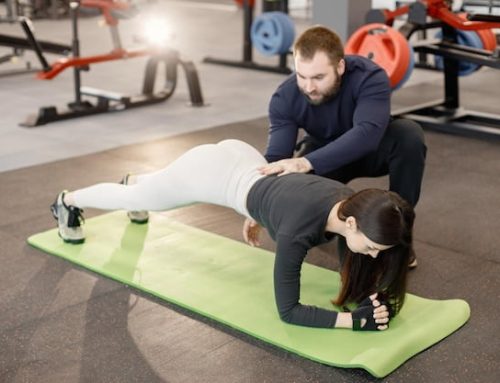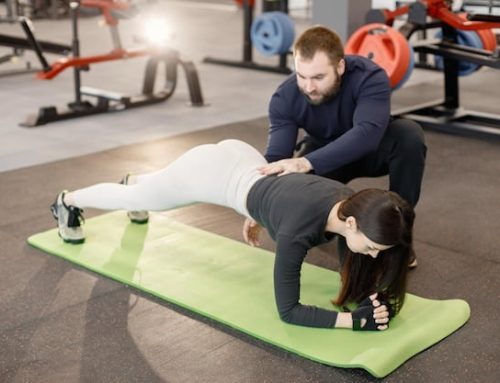What is a Level 1 Sports Coach?
Sports coaching is a challenging, rewarding, and complex profession. To ensure that coaches have the necessary knowledge, skills, and abilities to deliver effective coaching sessions and develop their athletes, many countries and organizations have coaching certification programs in place. One of the most popular and widely recognized coaching certification systems is the National Coaching Certification Program (NCCP) in Canada.
The NCCP is divided into different levels, with Level 1 being the entry-level. So, what does it mean to be a Level 1 sports coach? In simple terms, it means that you have completed the necessary training and evaluation to be considered a qualified and competent coach for your sport at the beginner level.
The Requirements to Become a Level 1 Coach
To become a Level 1 sports coach, you must complete the following requirements:
- Register as a coach with your sport’s National Sport Organization (NSO) or Provincial/Territorial Sport Organization (PTSO).
- Complete the online Making Ethical Decisions (MED) module, which covers ethical issues and decision-making in sport coaching.
- Attend the in-person or virtual multi-sport Competition Development or the Introduction to Competition workshop, which provides an introduction to coaching principles and practices.
- Complete a sport-specific module, which covers the technical and tactical aspects of coaching your specific sport.
- Pass the online evaluation or evaluation conducted by an NCCP evaluator.
The Benefits of Being a Level 1 Coach
Becoming a Level 1 sports coach has several benefits, both personal and professional. Here are some of the most significant advantages:
- Enhanced knowledge and skillset: Completing the Level 1 certification process will equip you with a solid foundation of coaching knowledge and skills that you can apply to your coaching practice.
- Credibility and recognition: Being a certified coach demonstrates your commitment to your sport and your athletes, and it can help you gain respect and recognition from your peers, colleagues, and the broader sport community.
- Access to resources and support: As a Level 1 coach, you will have access to a range of coaching resources, including practice plans, drills, and coaching manuals, as well as ongoing support and mentorship from higher-level coaches.
- Career advancement: By completing the Level 1 certification, you will be eligible to coach at the beginner level and can start building your coaching resume and career path.
The Role of a Level 1 Coach
As a Level 1 sports coach, your primary role is to introduce new athletes to the sport and develop their fundamental skills and understanding of the game. Here are some of your key responsibilities:
- Plan and deliver safe, engaging, and developmentally appropriate coaching sessions that align with the LTAD (Long-Term Athlete Development) model.
- Assess and monitor athletes’ progress and provide constructive feedback to help them improve their skills and performance.
- Ensure that the athletes are following the rules, regulations, and ethical standards of the sport.
- Create a positive and supportive learning environment that fosters the athletes’ physical, social, and emotional development.
- Communicate effectively with the athletes, parents, officials, and other coaches to ensure that everyone is on the same page and working towards a common goal.
The Importance of Sports-Specific Training for Level 1 Coaches
While the Level 1 certification provides a broad overview of coaching principles and practices, it is essential for coaches to have a deeper understanding of their sport’s technical and tactical aspects. Sports-specific training is the key to developing coaches’ expertise and ensuring that they can deliver high-quality coaching sessions that meet the athletes’ needs and goals.
Sports-specific training can take many forms, including attending clinics and workshops, watching instructional videos, reading coaching manuals, and observing experienced coaches in action. Coaches should also seek feedback and mentorship from higher-level coaches and experts in their sport to refine their coaching skills and strategies continually.
The Future of Coaching Education
Coaching education is an ever-evolving field, and there is a growing recognition of the need for coaches to continually update their knowledge and skills to remain effective and relevant. In recent years, there has been a shift towards a competency-based approach to coaching education, where coaches are evaluated on their ability to apply their knowledge and skills in real-world coaching situations.
This approach emphasizes the importance of ongoing professional development and mentorship and recognizes that effective coaching is a continuous process of improvement and learning. As such, coaches should stay informed about the latest coaching trends, technologies, and research in their sport and seek out opportunities to enhance their coaching practice continually.
In conclusion, becoming a Level 1 sports coach is an excellent starting point for anyone interested in coaching. It provides a solid foundation of coaching knowledge and skills and opens up opportunities for personal and professional growth. However, to be an effective coach, one must continually seek to improve their expertise through sports-specific training and ongoing professional development. Sport coaching is not only about imparting technical skills but also about shaping the lives of young athletes and being a positive role model for them.






